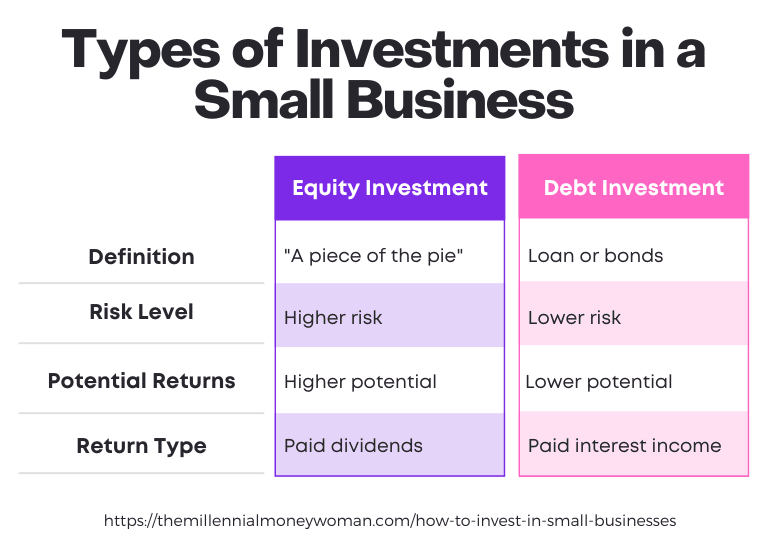
What is a fair percentage for an investor? – When it comes to negotiating the terms of an investment, determining a fair percentage for an investor is crucial. This percentage often represents the equity stake an investor receives in exchange for their capital. However, it’s not just a simple number; it’s a blend of various factors, including the stage of the business, the amount of capital needed, and the perceived risk involved.
For startups, a common range for investor equity can vary significantly. In the early stages, when the company is still developing its product and gaining traction, investors might expect a higher percentage—typically between 10% to 30%. This is due to the high risk they are taking on, as many startups struggle to survive beyond their initial years. These investors are betting on the potential for high returns in the future, and therefore, they are often willing to accept a larger slice of the pie for that risk.
Further details about small business share is accessible to provide you additional insights.
As companies mature and progress through different funding rounds, the equity percentages tend to adjust. In later stages, such as Series A or B funding, the percentage offered to investors usually decreases, often falling within the range of 5% to 15%. At this point, the company has shown more stability and growth, decreasing the risk for investors. They may still ask for a significant stake, but it is often negotiated based on the company’s valuation and the capital being raised.

Ultimately, the concept of a “fair” percentage is subjective and should reflect the value that both parties bring to the table. Investors must consider not just the monetary contribution but also the expertise, network, and strategic guidance they can offer. Companies, on the other hand, need to protect their long-term interests while providing enough incentive to attract the right investment. Open communication and transparency during these discussions are key to reaching a mutually beneficial agreement.

